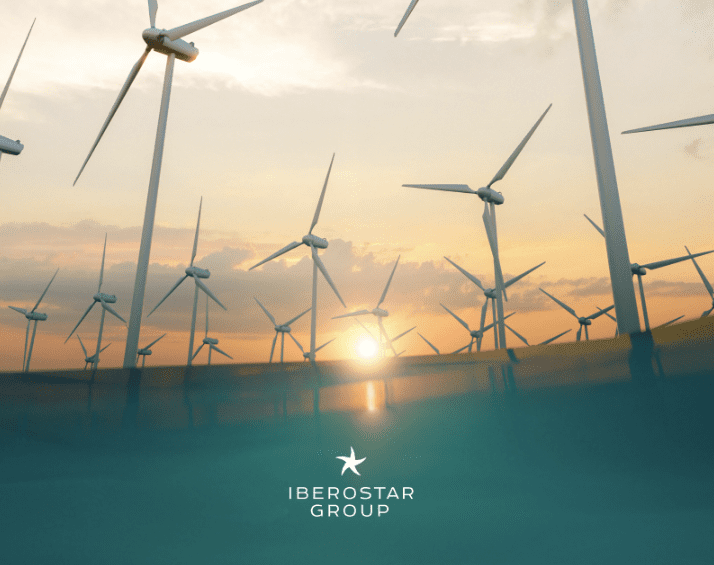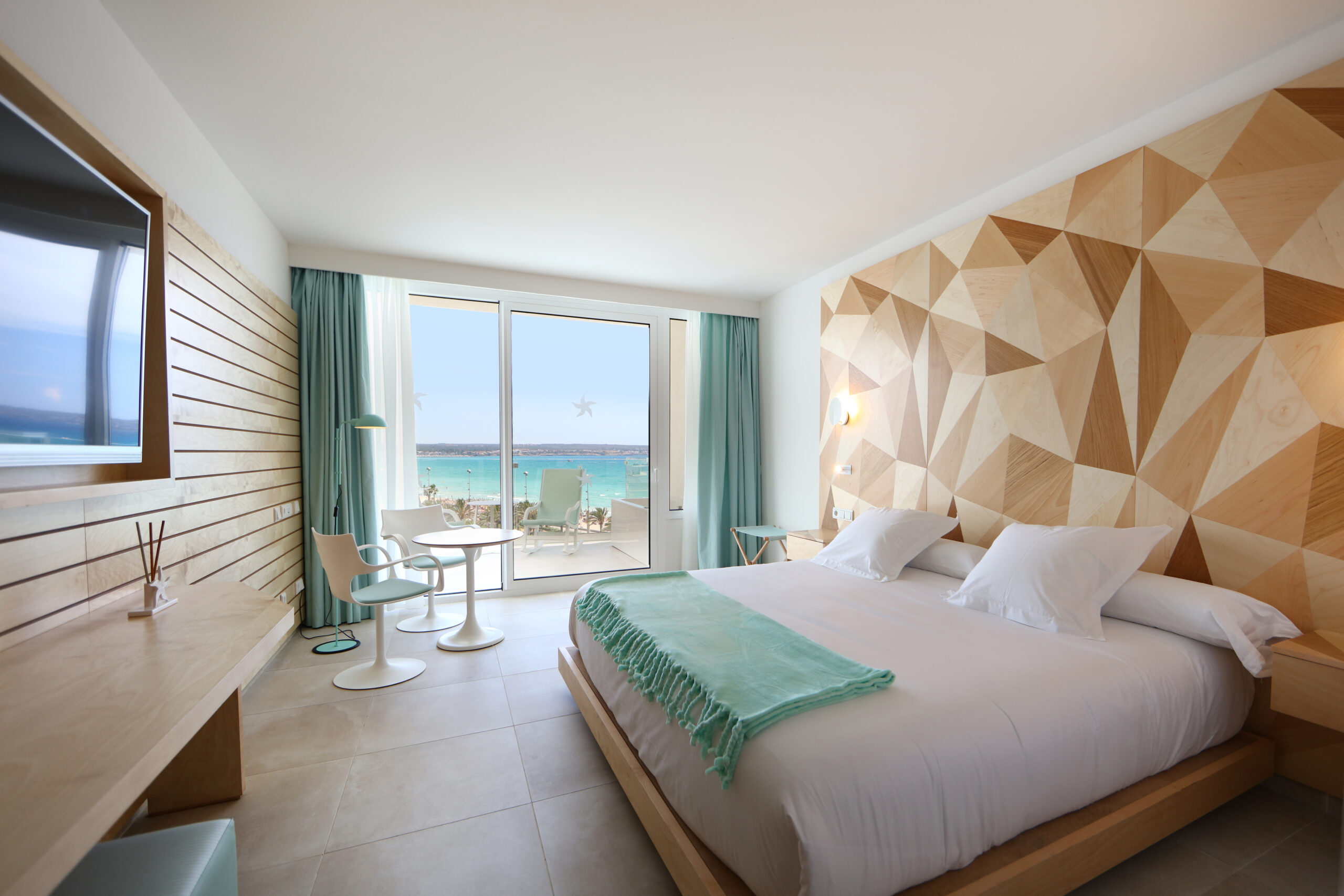At Iberostar, while our work on coastal health includes a number of programs in a range of ecosystems, we’re quite passionate about our program on reef restoration. We couldn’t be more thrilled to invite you to dive in our coral nurseries in the Dominican Republic or Mexico. In addition to the vibrant reefs, you’ll see structures – some 30 feet tall with coral slowly swaying in the current, some small and squat with coral affixed to surfaces like chess pieces. We want you to know your visit to these coral nurseries is only the beginning. While we couldn’t be more thrilled to connect you to our destinations through our Wave of Change movement, we’re also growing coral because we see it as a vital part of our business model to make sure we have beautiful beaches and thriving communities for generations to come.
The beauty of these reefs are what brought Iberostar to these destinations over two decades ago as they make up the sandy white beaches and protect the coastlines from flooding and storms. We have seen their decline – from disease to algae overgrowth and loss of critical grazers that keep the reef clean. We know the situation will become worse with climate change and are already experiencing greater damage to our properties from hurricanes. This means we must act. We must go beyond just growing coral in nurseries or underwater museums for you to visit – we must invest in science and work towards clear, quantitative targets for reef restoration.
For Iberostar, that means restoration for increased coastal protection that stands the best chance for surviving the expected impacts of climate change. Our coastal health team works to restore the connectivity between marine-coastal ecosystems such as coral reefs, sea grasses, mangroves and dunes that protect us and are the first line of defense against the onslaught of storms and hurricanes like the ones we have had in the Yucatan peninsula. We continue to investigate how to rescue the structures that still remain on the reefs and continue to seek innovative and bold solutions to increase local biodiversity on the reefs where we work.
In order to ensure resilient efforts in the face of climate change we built a Coral Lab in 2019 in our Bavaro Complex (Dominican Republic) to serve as a genetic bank, outreach center, and to experimentally stress coral to find thermotolerant corals for reef restoration. Finding the most tolerant species and individuals and prioritizing their growth and transplantation in restoration efforts can increase the resilience of reefs for the future, providing hope to the reefs and coastal communities of the regions where Iberostar operates. To date, we tested seven coral species in the Dominican Republic and four in Mexico for their thermotolerance. We will continue to test species and individuals in the Dominican Republic, Mexico and Jamaica in the future.






